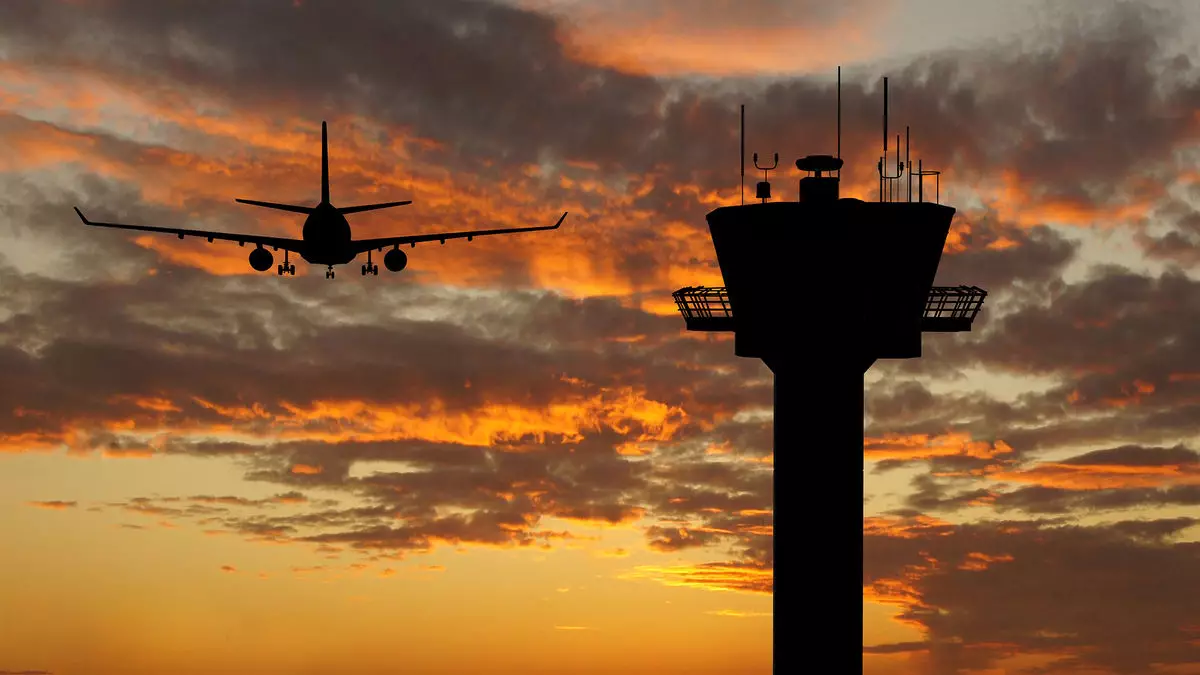The U.S. Federal Aviation Administration recently made a significant announcement regarding a waiver of slot usage at the major New York City area airports, which includes LaGuardia Airport, John F. Kennedy Airport, and Newark Liberty Airport. This waiver has now been extended through October 25, 2025, to provide flexibility for carriers operating between these airports.
Impact on Air Travel
This extension comes after the initial waiver was offered in early 2023, allowing carriers to reduce their schedules by up to 10% while still retaining their slots. The goal of this waiver was to alleviate congestion caused by staff shortages at the airports. Some carriers, like United Airlines, have already taken advantage of this opportunity to adjust their schedules, particularly at Newark Airport, where operational performance was a concern. The FAA has also made changes to the targeted scheduling limit at Newark, reducing it to 77 operations per hour.
According to United Airlines CEO Scott Kirby, these adjustments have led to improved reliability and customer experience at Newark Airport. Despite the challenges that remain, such as the shortage of certified controllers at the New York Radar Approach Control facility, efforts are being made to ensure safety and efficiency in the airspace. The FAA plans to relocate control of Newark to the Philadelphia Air Traffic Control Tower to address these staffing issues.
However, the FAA’s projections indicate that reaching the targeted staffing level at the New York facility may not be achieved until the end of 2026. Additionally, the training success rate is currently at 25%, which is not enough to keep up with attrition. Despite offering incentives like $100,000 awards for controllers to relocate, the response has not been sufficient to meet the staffing needs.
The future of air travel in the New York City area faces both challenges and solutions. While measures are being taken to address staffing shortages and improve operational performance, there is still work to be done to ensure the safety and efficiency of air travel in the region. As the FAA continues to extend waivers and make adjustments, cooperation between airlines, controllers, and regulatory agencies will be crucial in shaping the future of air travel in the coming years.

